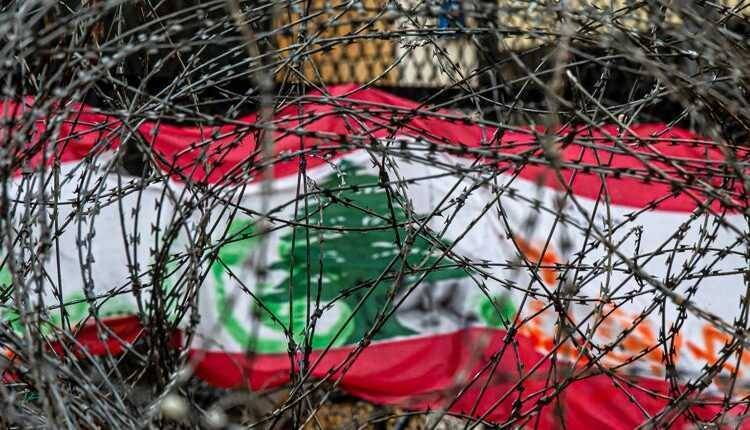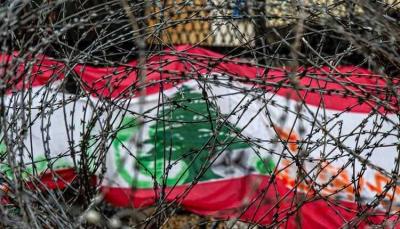The paths of escalation on one side and the search for diplomatic and political solutions on the other are parallel at the regional level. All issues have become interconnected, from the Israeli escalation in Rafah to the escalation in southern Lebanon, and between these, the resumption of negotiations aimed at reaching a ceasefire in Gaza, which also affects the situation in the south and opens pathways for discussions about internal political settlements. Efforts to achieve calm in the region have been under focus from several capitals, from the meeting of the Arab ministerial committee in Paris to the meeting of Qatari Prime Minister Mohammed bin Abdulrahman Al Thani with U.S. intelligence chief William Burns and Israeli intelligence chief David Barnea. In contrast, the United States and Iran are preparing to resume negotiations between them, in addition to ongoing American-Saudi negotiations, with an emphasis on Saudi-Iranian rapprochement. This was reflected in a phone call made by Saudi Crown Prince Mohammed bin Salman to the Iranian Acting President Mohammad Mokhber, to express condolences for the death of President Ebrahim Raisi and Foreign Minister Hossein Amir-Abdollahian, according to "Al-Modon."
#### Agreement on Netanyahu
Regarding the Iranian-American path, diplomatic sources are still discussing the possibility of seeing light at the end of the tunnel, amid both sides’ insistence on avoiding escalation and preventing the war in Gaza from turning into a regional conflict. This is coupled with the creation of multiple understandings, both nuclear and at the regional level. Information close to the Iranians indicates that there is an Iranian-American convergence on the need to hold Israeli Prime Minister Benjamin Netanyahu accountable and to prevent him from continuing the war, by exerting significant pressure on him, even considering a serious attempt to topple his government through internal pressures. Tehran views the removal of Netanyahu's government as a gateway to stopping the war in Gaza and Lebanon, after which the political process can commence.
#### The Saudi Path
In Lebanon, with anticipation of what these international and diplomatic movements will yield, there is scrutiny of the path taken by the Kingdom of Saudi Arabia towards stopping the war in Gaza, starting from negotiations with the Americans and continuing to rapprochement with Iran directly. This comes alongside the recent appointment of a new Saudi ambassador in Damascus, indicating the evolution of Saudi-Syrian relations and how this can impact Lebanon, especially since many Lebanese, particularly allies of Damascus, view recent events positively, believing that this will have repercussions for Lebanon, raising questions about whether this will reflect on the presidential file in the country. Some within the March 8 forces are inquiring about what might prevent Saudi Arabia from agreeing to the election of Sleiman Frangieh given its rapprochement with Iran and Syria.
#### Israeli Options
Amidst all these pathways, Israel, particularly Netanyahu's government, has not abandoned the weapon of escalation and continues extensive military operations, both in Gaza, specifically in Rafah, and in southern Lebanon. The past few days have witnessed a significant Israeli escalation in operations targeting motorcycles and resulting in substantial human losses, amidst conflicting conclusions as to whether this escalation precedes a ceasefire and the establishment of certain understandings or if it is a precursor to a greater escalation, especially given the pressures facing Netanyahu's government from the residents of northern settlements, who feel abandoned by the government and refuse to continue communication and coordination with it. They have called for the army to leave their areas as it lacks a plan to address the situation in the north and change the realities on the ground.
Notably, this comes following a visit by Netanyahu to the north last week, where he promised to implement new plans characterized by surprises. Alongside the residents’ escalation against the government and their demands for a change in the realities, the Israeli army announced it was conducting a military drill simulating a ground war against Lebanon. This is not the first time the Israeli army has executed such drills, just as it has been for months concerning the recurring threats issued by Israeli officials towards Hezbollah and Lebanon. The reality reflects a race between political and diplomatic efforts and the gradual escalation that could lead to a larger explosion, according to "Al-Modon."




